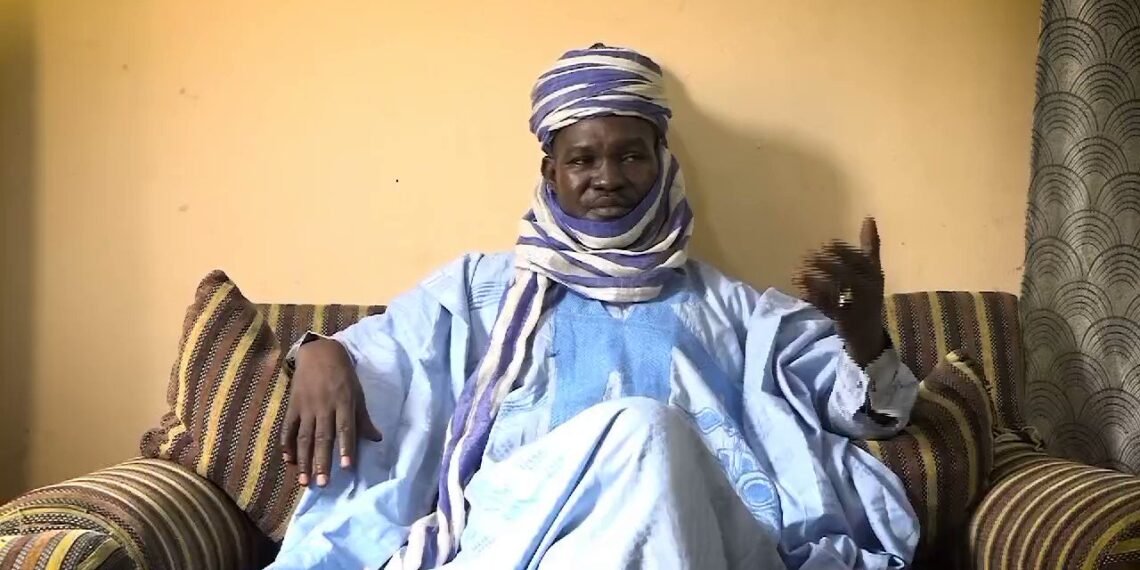The Upper Area Court Number Two in Jalingo, Taraba State, has dismissed charges against Ahijo Sulaiman due to the prosecution’s inability to pursue the case diligently. The ruling, delivered by Presiding Judge Abubakar Kasim Aliyara, marks the conclusion of a prolonged legal battle that had cast a shadow over Sulaiman’s reputation.
In his ruling, Justice Aliyara expressed disappointment at the prosecution’s repeated delays and adjournments, which hindered the progress of the case. “This case is struck out for want of diligent prosecution. Accordingly, the defendant is hereby discharged for lack of prosecution. I hold,” he stated firmly.
The case against Sulaiman, which revolved around allegations of criminal activities, fell apart after investigations by both the police and the military found no evidence to substantiate the claims. The ruling not only vindicates Sulaiman but also underscores the judiciary’s critical role in upholding justice.
Read Also: Peter Obi: The last standing opposition in Nigeria’s political landscape
Reacting to the judgment, Sulaiman expressed relief and gratitude, describing the decision as a vindication of his innocence. “The judiciary remains the last hope for the common man,” he remarked. He also highlighted how the verdict would help restore his integrity, which had been under scrutiny throughout the ordeal.
Despite his exoneration, Sulaiman urged caution against future attempts to tarnish his image. “Any further defamation of my name will be met with legal action,” he warned, signaling his readiness to protect his reputation.
Legal analysts have weighed in on the case, stressing the need for diligent prosecution to maintain the credibility of the justice system. They argued that unnecessary delays and a lack of preparedness not only waste judicial resources but also prolong the suffering of defendants caught in legal limbo.
The ruling brings an end to months of legal uncertainty for Sulaiman, highlighting the importance of efficient legal proceedings and reaffirming the judiciary’s role as a pillar of justice. The case has sparked conversations about accountability within the legal system and the importance of safeguarding the rights of individuals facing criminal allegations.






